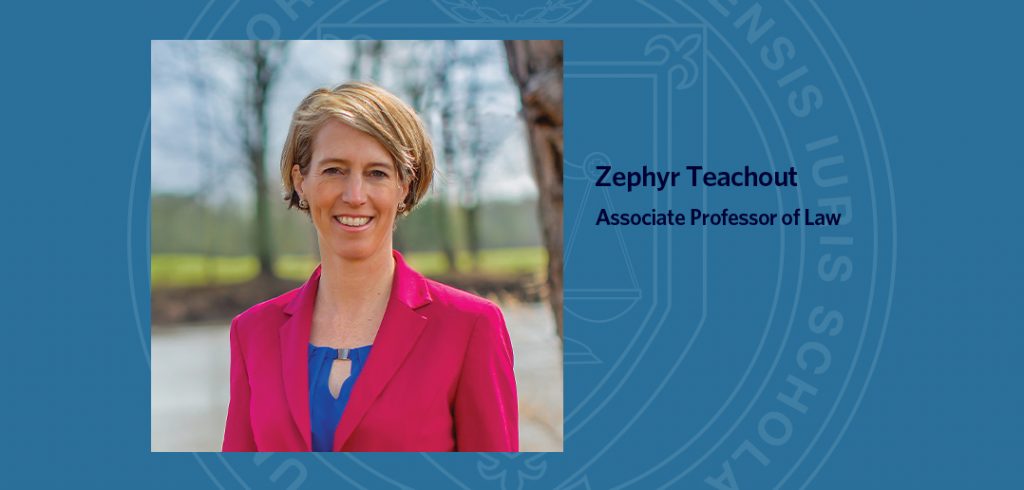In an op-ed in The Washington Post, Professor Zephyr Teachout examines Twitter’s removal of President Trump from its platform and the power private tech companies hold in the public sphere.
After the insurrection on Jan. 6, Facebook and Twitter suspended President Trump’s accounts. The emergency context and the immediate threat Trump posed justified the bans. But it was a remarkable demonstration of private power over the public sphere and represents its own threat to democracy: top-down, private control of speech in the modern public square.
Complaints by some conservatives that Trump had been “censored” by the tech platforms were greeted in many quarters with derision: The First Amendment, after all, does not typically apply to the decisions of private corporations. But that’s an artificially narrow view of the question. These companies, at the heart of our communications infrastructure, play an undeniable public role. And it was not only conservatives who expressed concern: The ACLU pointed out that “unchecked” private power was dangerous in this context, and German Chancellor Angela Merkel objected to the ban. Both suggested that a democracy should not be in a position where the decisions of a few unaccountable executives can restructure speech in politics. Moreover, the decisions cannot be viewed in isolation: These companies played an active role in getting us to where we are today by helping to promote divisiveness, racial hatred and conspiracy theories.

